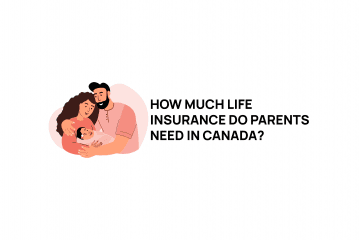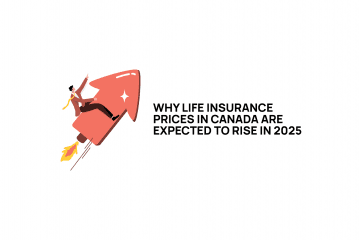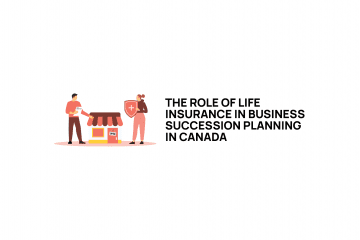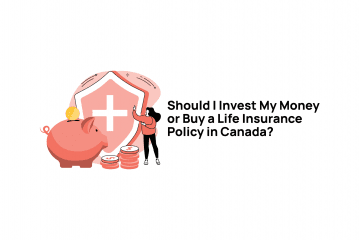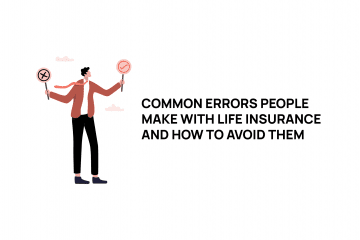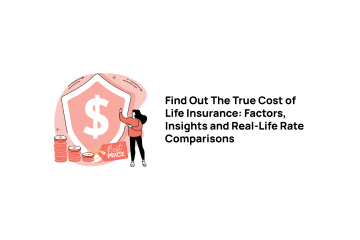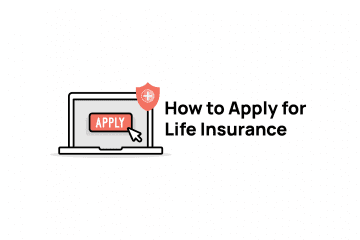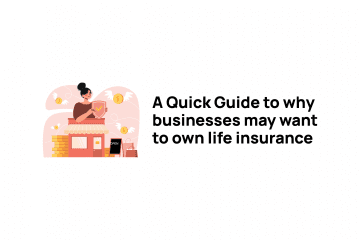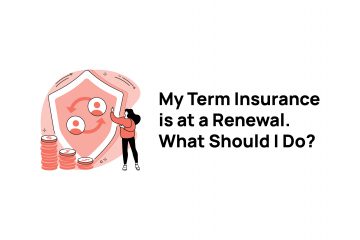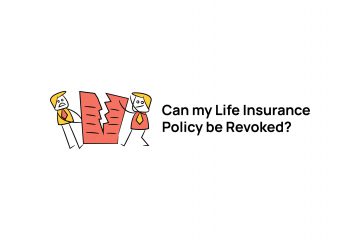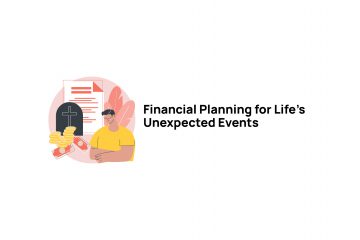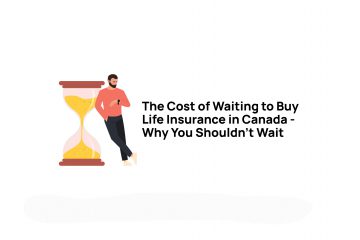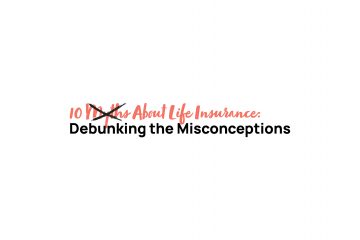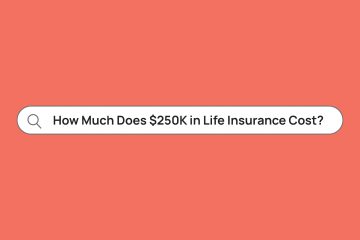First things first, yes, your financial advisor gets paid. There has always been a bit of a mystery though behind how this happened. For many years the advisor was paid strictly on a commission basis. This isn’t the case any longer as you are now able to seek out advisors that will look after you on a fee-based model. Think of it this way, you pay professionals for the time they spend looking after you. You pay your accountant to prep your taxes, your lawyer to help close your real estate deals, is it a crazy idea to pay your financial planner for the time that they spend advising you on you financial plan? A planner that runs a fee-based practice charges you for the time that they spend looking after you.
Let’s look at the way a fee-based planner is delivering advice. This type of planning firm should offer you a holistic financial plan. It should cover both personal and business goals. You will likely see it based on two major areas. The first would be wealth management. This would include things like your retirement savings, other goals (i.e. buying a cottage), cash flow planning and debt management. The second area your plan should cover is risk management. These are recommendations that protect your plan and your family in case you get sick, injured or pass away unexpectedly. Realistically, you can get this type of advice from many different advisors but the difference in a fee-based environment though is that you pay up front for the plan. Using life insurance as an example, once the needs analysis is completed and the total coverage need is determined, you can seek out the best rates from the market if you have paid a fee-based advisor for a plan. They may be able to help you source the products but the solutions that they suggest don’t carry the spectre of someone recommending something from Company ‘A’ instead of Company ‘B’ because the advisor is paid more by ‘A’. A fee-based advisor eliminates this potential conflict of interest with the pay for advice model.
If we are absolutely clear about one thing, working on either a fee-based model or a commission basis doesn’t make an advisor more or less ethical. If someone is making recommendations based on earning more for themselves than providing the right solutions they could likely find a way to do this in any model, fee-based or commission. Make sure that you understand the way that your financial advisor is paid. This will allow you to make the most informed decisions based on the advice you receive.
Feel free to contact us if you have any additional questions.


